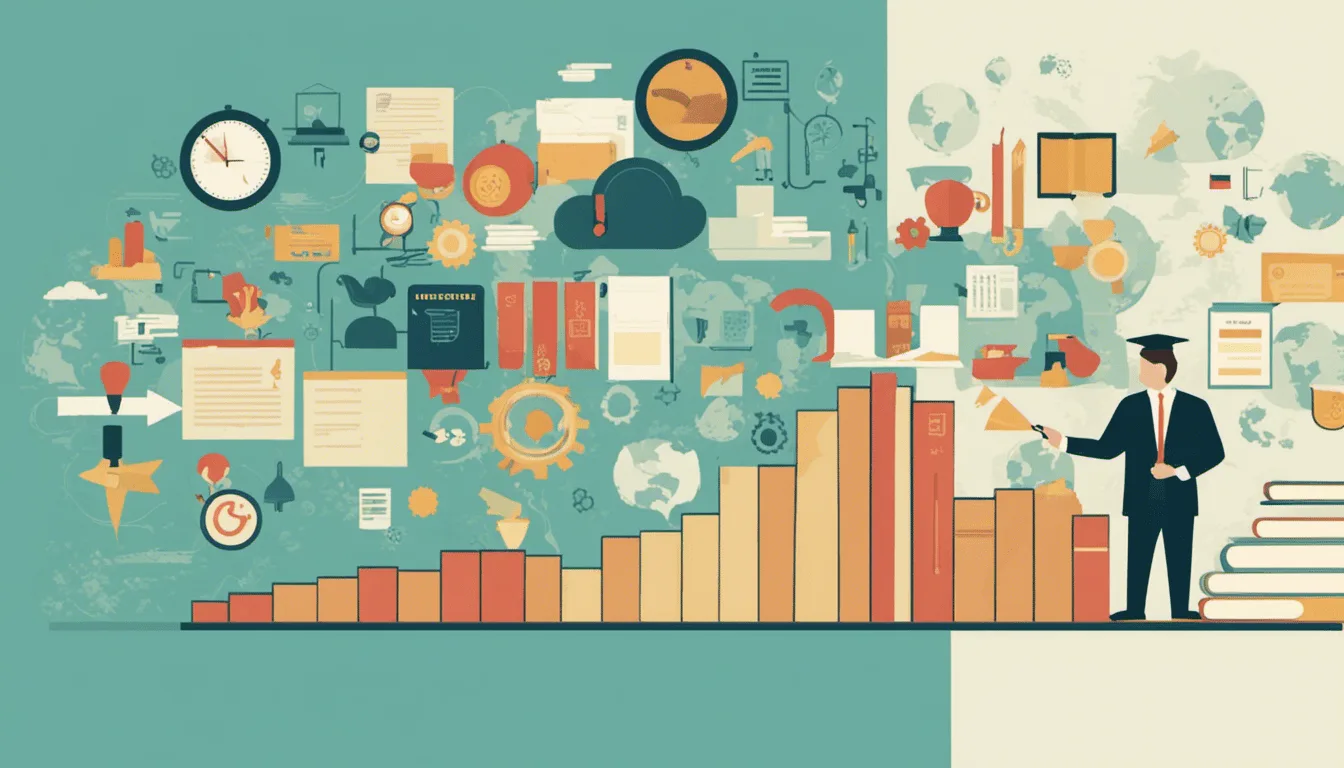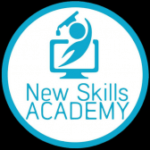The Power of Continuous Learning
Lifelong learning holds immense transformative potential, impacting various facets of an individual’s life. Continuous education, encompassing formal and informal methods, equips individuals with the tools to enhance personal skills and achieve significant professional growth. Engaging in ongoing learning fosters mental stimulation, keeping the mind active and agile. Such mental activity is crucial for both cognitive health and the ability to address complex problems effectively. That’s why you should learn, help family and friends, and help the planet!
Individuals have a plethora of learning avenues at their disposal. Formal education, whether through collegiate or advanced degree programs, provides structured environments and well-defined syllabi. Alternatively, online courses offer flexibility and convenience, allowing learners to acquire new skills at their own pace. Self-study remains another powerful tool, enabling individuals to explore topics of interest through books, research articles, and other resources.
Experiential learning, which involves gaining knowledge through real-world experiences, complements traditional learning methods. It allows individuals to apply theoretical knowledge in practical scenarios, solidifying their understanding and enhancing retention. Activities such as internships, volunteer work, and travel can all contribute significantly to one’s personal and professional development.
Moreover, staying informed about current world issues is a vital component of continuous learning. Being knowledgeable about global events not only enriches one’s perspective but also equips individuals to participate more constructively in social discussions and decision-making processes. This heightened awareness can empower one to advocate for informed changes on a personal, community, or even global scale.
In essence, the capacity to learn continuously extends beyond mere knowledge acquisition; it builds the foundation for broader societal contributions. Enhanced personal skills and professional capabilities, combined with an informed outlook on contemporary issues, enable individuals to support their family, friends, and the planet more effectively.
Step into the world of learning and personal growth with Centre of Excellence!
Impact on Family Dynamics
Personal learning has far-reaching benefits that extend to family dynamics, leading to more harmonious and supportive relationships. By acquiring new knowledge and skills, individuals can foster better communication and emotional intelligence, essential components for nurturing family bonds.
For instance, learning about effective communication techniques can transform interactions between family members, making them more open and constructive. Enhanced emotional intelligence allows for a deeper understanding of each other’s feelings and perspectives, promoting empathy and reducing conflicts.
Additionally, conflict resolution skills can be invaluable, offering tools to navigate disagreements more amicably, thus strengthening family cohesion.
Real-life examples underscore the positive ripple effects of learning on family dynamics. Consider a family where one member takes a course on mindfulness. The skills gained not only help the individual manage stress but also introduce a calmer, more present atmosphere at home. Encouraged by the positive change, other family members may become interested in learning similar techniques, paving the way for a collective commitment to emotional well-being.
Similarly, a parent who learns about child psychology can better understand developmental stages and behavioral issues, facilitating more effective parenting. As they share these insights with other family members, it fosters a more supportive and nurturing environment for the children, ultimately benefiting the entire family unit.
Creating a family culture that values learning is integral to achieving these benefits. Begin by setting an example: show curiosity and enthusiasm for acquiring new knowledge. Encourage family discussions about interesting things you learn, and consider having regular family sessions where each member shares something new they’ve discovered.
Additionally, support one another’s educational endeavors, whether it’s attending a workshop together or helping with study materials.
By prioritizing learning within the family, you not only foster personal growth but also cultivate an environment of mutual support and understanding. This collective commitment to learning can vastly enhance family dynamics, making the home a more nurturing and connected space.
For unparalleled online learning experiences, New Skills Academy!
Supporting Friends Through Shared Knowledge
Continuous learning can benefit friendships in numerous ways. When friends come together to share newfound knowledge and skills, they strengthen their bonds and create avenues for collaborative growth. Engaging in activities like study groups, book clubs, or skill-sharing sessions can foster an environment where friends not only enrich their minds but also develop deeper connections.
Organizing study groups is an excellent way to engage in mutual learning. These groups provide a structured platform where friends can tackle challenging subjects together, exchange insights, and offer support.
For instance, a study group focused on sustainability can educate its members on practices that help the planet, while promoting teamwork and camaraderie. Similarly, book clubs bring friends together to discuss literature, expand their perspectives, and enjoy intellectual conversations.
Skill-sharing sessions present another valuable opportunity for friends to learn from one another. By exchanging skills, whether it’s learning to cook new recipes, mastering a language, or understanding new technologies, friends can collectively grow and enhance their competencies.
Take, for example, a group of friends who decided to teach each other coding. This initiative not only expanded their technical abilities but also paved the way for them to work on collaborative tech projects.
Personal stories underscore the impact of these learning modalities on friendships. Jane and Emily, for instance, started a book club focusing on environmental literature. Their discussions not only deepened their friendship but also heightened their awareness of ecological issues, inspiring them to advocate for sustainable living among their wider social circles.
To encourage friends to embark on learning journeys, it is helpful to initiate conversations about shared interests and propose activities that align with those interests. Be open to trying new things and offer support and encouragement. The journey of learning together becomes an enjoyable and transformative experience that can strengthen your relationships and help the planet.
Learning for a Sustainable Future
In the quest for a sustainable future, learning plays a pivotal role. Educating oneself about environmental issues and sustainable practices is the bedrock for making informed and eco-friendly decisions. Understanding the impact of our daily choices is crucial in reducing waste and conserving vital resources.
For instance, learning about waste management techniques, such as recycling and composting, can significantly reduce the amount of waste that ends up in landfills. Small actions like these, when practiced collectively, lead to substantial environmental benefits.
Moreover, conserving resources extends beyond waste reduction. By gaining knowledge on energy-efficient practices, water conservation, and sustainable transportation methods, individuals can contribute to minimizing their carbon footprint. Simple steps such as using energy-efficient appliances, minimizing water usage, and opting for public transportation or carpooling can have a cumulative positive effect on the environment. Each informed decision helps in preserving our planet for future generations.
Supporting sustainable products and companies also emerges as a crucial aspect of environmental conservation. Learning about the ethical practices and environmental policies of businesses allows consumers to make choices that align with their values. By prioritizing products that are eco-friendly and companies that are committed to sustainability, individuals can drive market demand toward more environmentally responsible goods and services.
Actionable steps for individuals and communities are essential to bolster these efforts. Participating in local clean-up initiatives, advocating for environmental policies, and joining sustainability-focused clubs or organizations are practical ways to foster change. Communities can also benefit from educational workshops on environmental conservation, aimed at promoting sustainable practices at a grassroots level.
Ultimately, the collective impact of individual learning is profound. By equipping oneself with the knowledge to make sustainable choices, individuals can significantly contribute to the health of our planet, helping family and friends embrace a greener lifestyle, and creating a ripple effect that benefits society at large.
Body, Mind, And Soul For A Fulfilled Life!


